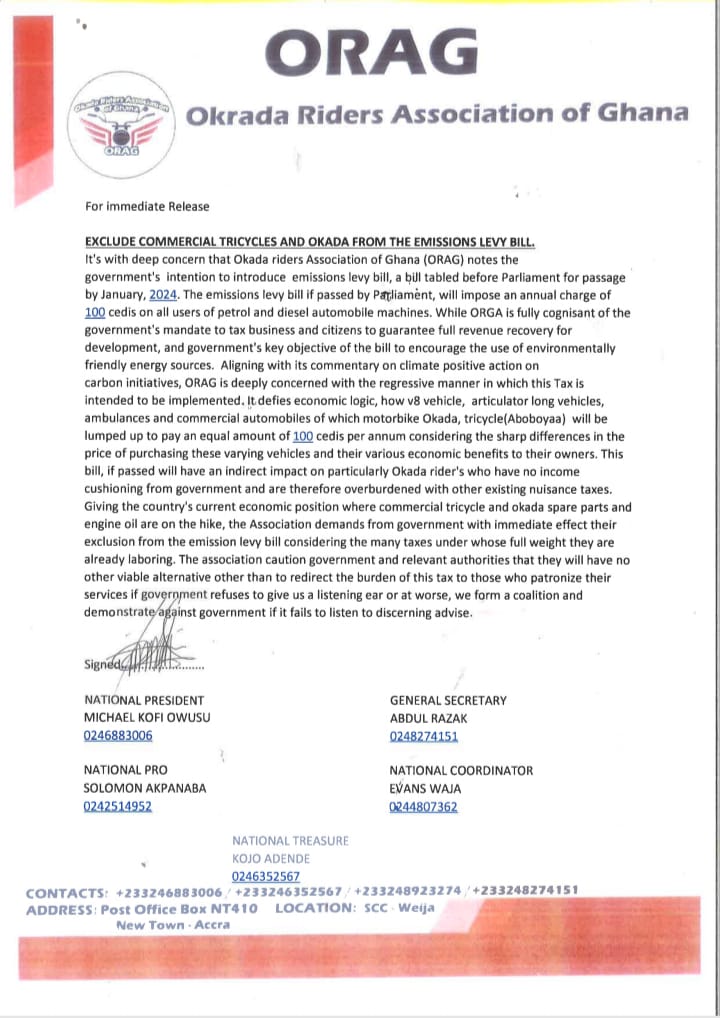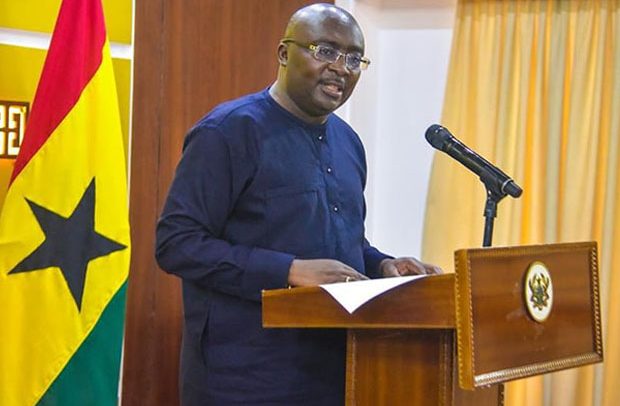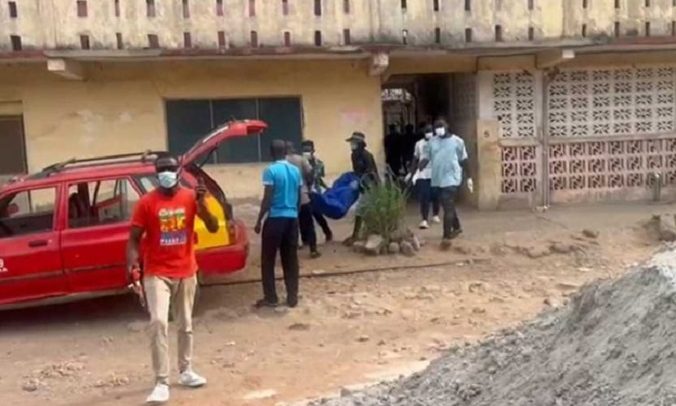
The joy of every mother, the world over, is to welcome into her family, a baby after 9 months (40 weeks) of pregnancy.
Most importantly this “bundle of joy” is hoped to be healthy, bouncy and a happy one but unfortunately the situation is not the same for everyone.
This is because there are some “little angels” who are born before the 37 weeks gestational period and are generally referred to as preterm or premature babies.
The World Health Organisation (WHO) estimates that about 15 million babies are born preterm across the globe annually.
According to the Ghana Health Service, 13,000 preterm babies were born in 2015, 12,700 in 2016 and 11,000 in 2017 all in the Ashanti region alone.
Preterm babies at their early stage, are more likely to experience low weight, hearing loss, vision problems and breathing challenges because of their immature lungs.
To this end, a Clinical Instructor in the Department of Pediatrics, at the University of Michigan Medical Center in the United States has dedicated herself to help save preterm babies, after birth.
Dr Yolaine Civil who doubles as a Fulbright U.S Research Scholar has been working for the past two months at the Suntreso Government and the Kumasi South Regional Hospitals in Kumasi, Ashanti region.
Recounting her work to Ultimate News, she said: “I’m a Pediatrician and so my specialty is on babies and children. I came here to work on my project on premature and low birth weight infants particularly on post natal follow-up care.”
Dr Civil, recently, awarded a Flexible US Fulbright Award for 2018 to 2020, to fund her global health project, “Evaluation of Continuity of Care Program for Premature and Low Birth Weight Infants in Sub-Saharan Africa”, was also an awardee of the University of Michigan Office of Health Equity and Inclusion Diversity Grant for 2017 to 2020.
“I came on a Fulbright scholarship and it is sponsored by the US State Department. Its goal is to foster cultural exchanges between the US and different countries so that we can build mutual understanding and respect. They give the scholarships to people doing projects in like public health, medicine, education and environment and so on.”
She explained that her project, sought to institute a regular, schedule for outpatient pediatric follow up of low birth weight and premature infants in sub-Saharan Africa.
The Pediatrics Clinical Instructor emphasized the motivation behind work saying: “The reason why I chose them (preterm babies) is because they have a higher risk of mortality than term babies are and there’s been a lot of work of trying to reduce infant mortality.”
“My project is looking at trying to reduce the mortality after they leave the hospital throughout the whole first year of life as a lot of focus and research has been done in the hospital in the first month of life.”
Dr Civil furthermore expressed delight about her contribution to improving the compliance rate with post-natal visits which she stated was a record low of 60 per cent.
She recalled some contributory factors such as lack of information, economic status and especially some cultural and traditional beliefs which prevent mothers from seeking help for their preterm wards.
According to her, through concerted effort, the Suntreso Hospital now has a post-natal compliance rate of over 90 per cent whereas that of the Kumasi South had gone up to 80 per cent.
“Guidelines state that these infants should receive follow up visits on alternate days the first week following hospital discharge. Subsequent visits are increased or decreased depending on the condition of the baby.”
“Once the baby is doing well, visits are twice weekly until the baby weighs 2 kg, then visits should be weekly until baby weighs 2.5 kg. During the follow up visit, baby’s weight is checked and an examination is done to evaluate for signs of illness.”
“Length and head circumference are to be measured weekly. It also advises a feeding assessment, verification of proper use of kangaroo care, and education on newborn danger signs”, Dr Civil explained.
Yolaine meanwhile acknowledged the support, hard work and dedication exhibited by the local medical professionals in reaching such a feat and was thankful for the invaluable lessons she’d learnt.
“Since I have been here, the project has been doing really well. We started April last year and the first group of babies will be one year in April and so when they come back, we’ll see how they did.”
Some interventions being prescribed by professionals for nursing mothers include the Kangaroo Mother Care and exclusive breastfeeding which does not only create a bond but also reduce the risk of mortality.
Dr Yolaine Civil moreover paid special tribute to the US Department of State for sponsoring her mission and hoped to travel to other African countries to save the lives of preterm babies.
“I’m going to apply for another Fulbright scholarship so that I can extend my programme to other countries in sub-Saharan Africa. Right now I have a contact, so I’m looking to do the same project in Uganda.”
Dr Yolaine Civil has completed four successful missions in Guinea, Chad, and Central African Republic (CAR) and her missions to Chad and CAR in particular motivated her to develop this research project focusing on preventive care of high risk infants.
By: Ghana/Ultimatefmonline.com/106.9FM/Patricia Ama Bonsu
The post US Fulbright Scholar Commits to Saving Preterm Babies in Kumasi appeared first on Ultimate FM.
Read Full Story





















Facebook
Twitter
Pinterest
Instagram
Google+
YouTube
LinkedIn
RSS